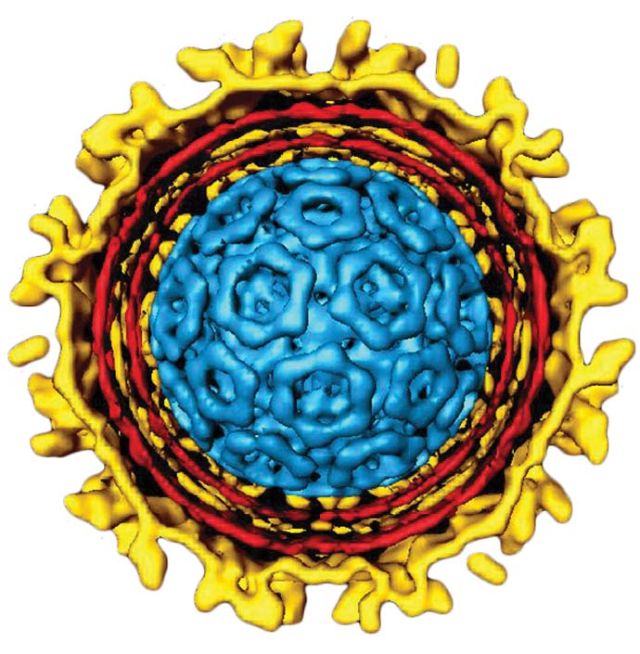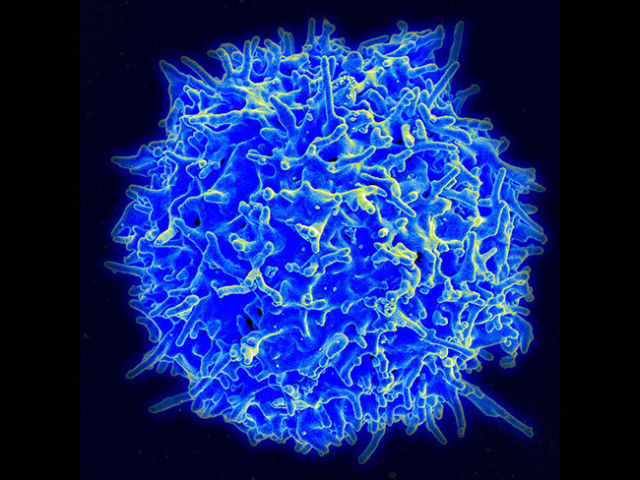
Seattle’s Alpine Immune Sciences says it has closed a $ 48 million Series A financing round, to fund the development of next-generation...

Seattle’s Alpine Immune Sciences says it has closed a $ 48 million Series A financing round, to fund the development of next-generation...
Our current understanding of immunology was largely defined in laboratory mice, partly because they are inbred and genetically homogeneous, can be genetically manipulated, allow kinetic tissue analyses to be carried out from the onset of disease, and permit the use of tractable disease models. Comparably reductionist experiments are neither technically nor ethically possible in humans. However, there is growing concern that laboratory mice do...
Prokaryotic CRISPR-Cas adaptive immune systems insert spacers derived from viruses and other parasitic DNA elements into CRISPR loci to provide sequence-specific immunity. This frequently results in high within-population spacer diversity, but it is unclear if and why this is important. Here we show that, as a result of this spacer diversity, viruses can no longer evolve to overcome CRISPR-Cas by point mutation, which results...
Neoplastic pancreatic epithelial cells are believed to die through caspase 8-dependent apoptotic cell death, and chemotherapy is thought to promote tumour apoptosis. Conversely, cancer cells often disrupt apoptosis to survive. Another type of programmed cell death is necroptosis (programmed necrosis), but its role in pancreatic ductal adenocarcinoma (PDA) is unclear. There are many potential inducers of necroptosis in PDA, including ligation of tumour necrosis...

A virus in the same family as Dengue. (credit: Oak Ridge National Lab)
The Dengue virus comes in four distinct but related varieties called serotypes, and they're all bad. Rather than inducing tolerance for each other, infection with one Dengue serotype actually makes people more sensitive to the other three. Victims infected by a second serotype...
Lung metastasis is the lethal determinant in many cancers and a number of lines of evidence point to monocytes and macrophages having key roles in its development. Yet little is known about the immediate fate of incoming tumour cells as they colonize this tissue, and even less known about how they make first contact with the immune system. Primary tumours liberate circulating tumour cells...
Cellular immunity against viral infection and tumour cells depends on antigen presentation by major histocompatibility complex class I (MHC I) molecules. Intracellular antigenic peptides are transported into the endoplasmic reticulum by the transporter associated with antigen processing (TAP) and then loaded onto the nascent MHC I molecules, which are exported to the cell surface and present peptides to the immune system. Cytotoxic T lymphocytes...

A T cell, the basis for immune therapies against cancer. (credit: NIAID)
One of the more exciting developments in cancer research involves tweaking the immune system to attack cancer. It's possible to engineer the immune system's T cells to attack and kill tumor cells based on the specific proteins those tumors produce. It's a relatively new anti-cancer therapy, but initial tests...